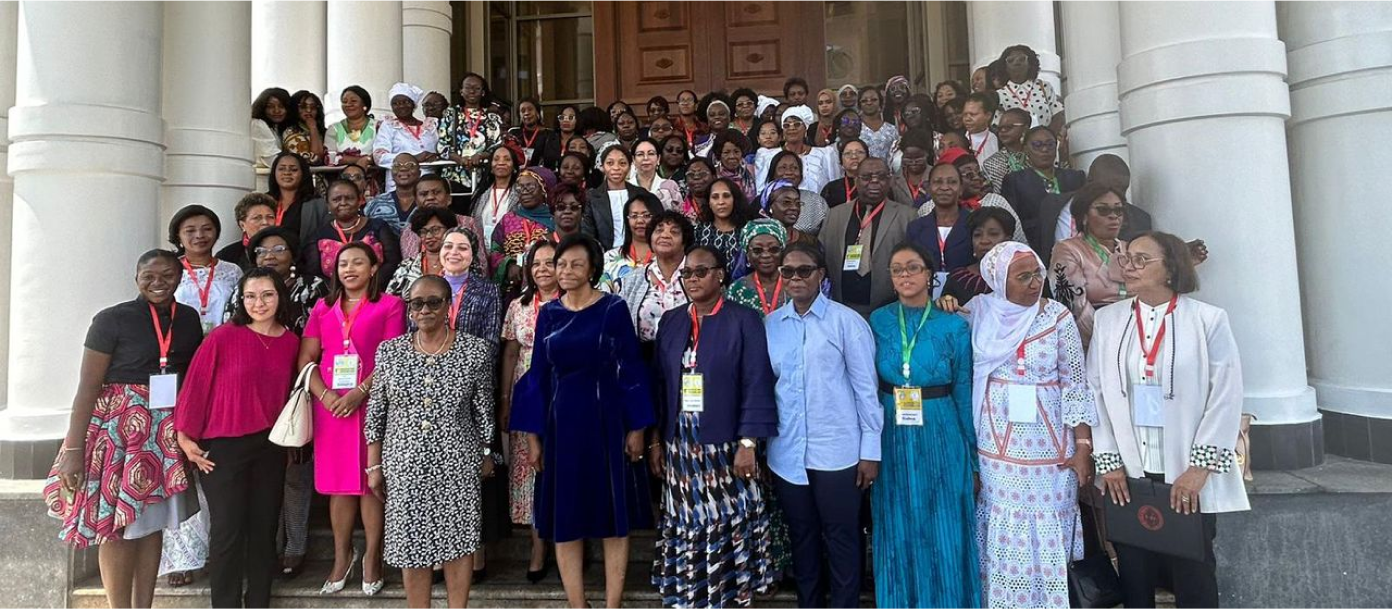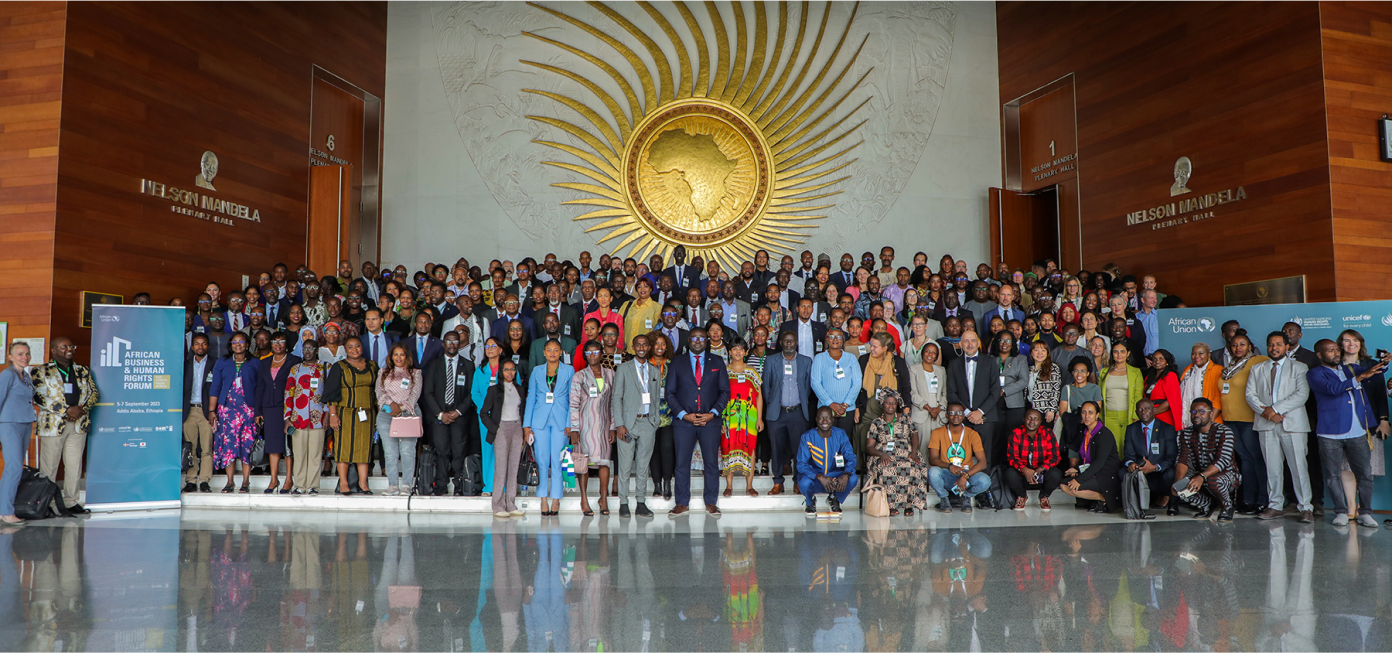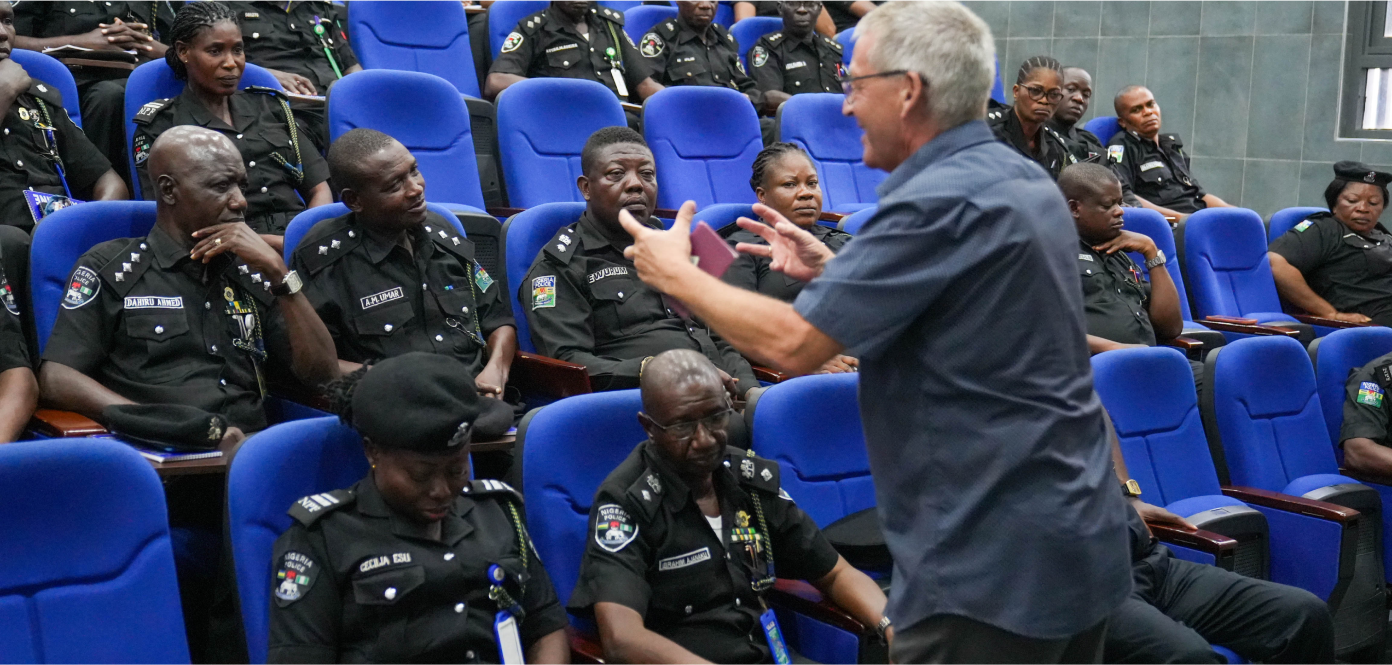Overview of the regional context
In 2023, Africa experienced an array of advancements and challenges for the rule of law, justice, security and human rights. Six countries held elections with a notable achievement in Liberia where the elections were recognized by international observers as “free and fair” 1 . In other contexts, however, the elections were marred by governance shortcomings 2.
Security threats, including conflicts (such as in South Sudan Mali, Burkina Faso, and in the Democratic Republic of the Congo) and violent extremism, impacted governance and stability, both at country level and with transborder impacts. Freedoms continued to decline across the continent in 2023, and civic space remained “highly restrictive”. 3 Efforts to bolster the rule of law and justice were hindered by corruption and weak institutions. Geopolitical tensions and the rise of non-state armed groups have further eroded social cohesion and generated migration flows. At the same time, despite the ongoing impacts of external shocks and “polycrisis,” African economies have consolidated their recovery and remain resilient. 4
2023 marked the end of the first implementation plans for the African Union’s Agenda 2063. While only ten countries have achieved over 50 percent of planned results, 5 female extreme poverty was reduced in sub-Saharan Africa and women’s representation in national decision-making has improved. 6 African economies remain resilient, with average growth projected to stabilize at 4.1 percent in 2023–24. 7 However, alongside these achievements, the continent faced daunting challenges including weak governance, lack of trust in institutions and human rights abuses. 8
Amidst these dynamics, UNDP’s regional initiatives spotlighted the imperative of capacity enhancement and gender equality in the justice sector and accelerated the advancement of business and human rights principles.
GENDER JUSTICE
Through its Gender Justice Platform with UN Women, UNDP convened various actors in Africa to support gender-responsive justice institutions and champion strategic solutions for women’s access to justice. UNDP, UN Women and the UN Office on Drugs and Crime (UNODC) partnered with the Conference of African Constitutional Jurisdictions (CJCA) and the Constitutional Court of the Gabonese Republic to organise the First Meeting of African Women Judges in Gabon. More than 60 women judges, including chief and deputy chief justices of Constitutional and Supreme courts from around 30 countries participated in the meeting. This forum created a space for participants to reflect on the barriers that women face in their career, facilitated peer learning and the exchange of good practices and lessons learned.


